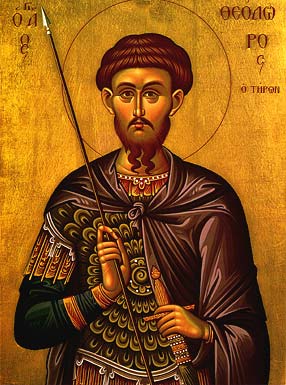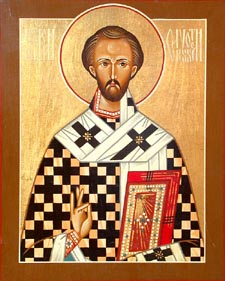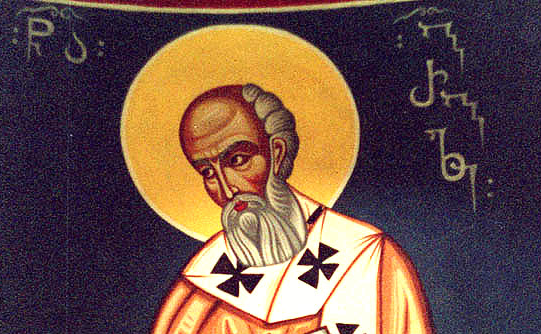 The Saturdays of commemorations of the dead are called ancestral Saturdays (the first universal commemoration on Meat Fare Saturday, the second, third, and fourth Saturdays of Great Lent, Trinity Saturday, and St. Demetrius Saturday). Why do these take place specifically on Saturdays? What are the historical roots of this tradition? They were not all instituted at the same time.
The Saturdays of commemorations of the dead are called ancestral Saturdays (the first universal commemoration on Meat Fare Saturday, the second, third, and fourth Saturdays of Great Lent, Trinity Saturday, and St. Demetrius Saturday). Why do these take place specifically on Saturdays? What are the historical roots of this tradition? They were not all instituted at the same time.
God blessed the seventh day and sanctified it, because in it he ceased from all His works which God began to do (Gen. 2:3). Saturday (Sabbath) for the Jews was a day of festive rest. Christ’s resurrection placed the beginning of the new Israel: a chosen generation, a royal priesthood, an holy nation, a peculiar people; that ye should shew forth the praises of him who hath called you out of darkness into his marvellous light (1 Pet. 2:9). The resurrection day of the Savior of the World became the seventh, festive day that completes the week. Sunday [in Russian, voskresenie, meaning “resurrection”) is a day of prayer in church at Divine Liturgy and pious rest. From a day of earthly rest, Saturday became a symbol of joyous rest in the Kingdom of Heaven: There remaineth therefore a rest to the people of God. For he that is entered into his rest, he also hath ceased from his own works, as God did from his (Heb. 4:9–10). This is where the custom, fixed by the Church typicon, came from of having special services on Saturday for the commemoration of the dead.

 Life of the Saint
Life of the Saint Saint John Chrysostom This great ecumenical teacher and hierarch died in the city of Comana in the year 407 on his way to a place of exile. He had been condemned by the intrigues of the empress Eudoxia because of his daring denunciation of the vices of those ruling over Constantinople. The transfer of his venerable relics was made in the year 438, thirty years after the death of the saint during the reign of Eudoxia’s son emperor Theodosius II (408-450).
Saint John Chrysostom This great ecumenical teacher and hierarch died in the city of Comana in the year 407 on his way to a place of exile. He had been condemned by the intrigues of the empress Eudoxia because of his daring denunciation of the vices of those ruling over Constantinople. The transfer of his venerable relics was made in the year 438, thirty years after the death of the saint during the reign of Eudoxia’s son emperor Theodosius II (408-450). Saint Gregory the Theologian, Archbishop of Constantinople, a great Father
Saint Gregory the Theologian, Archbishop of Constantinople, a great Father 